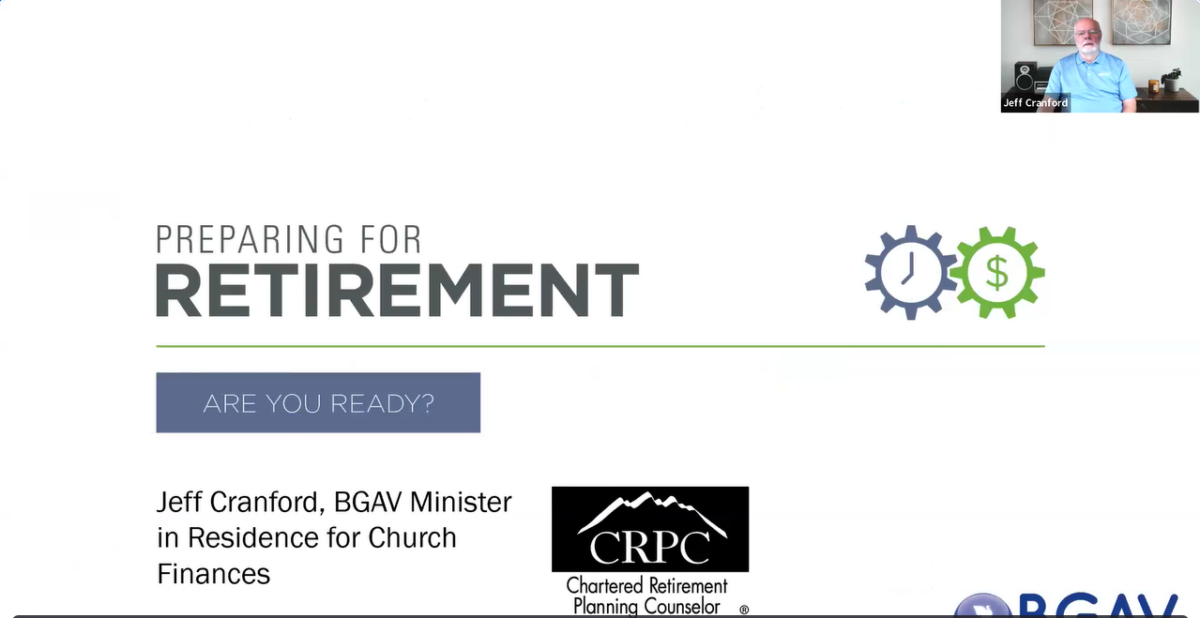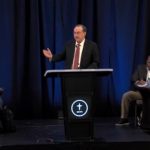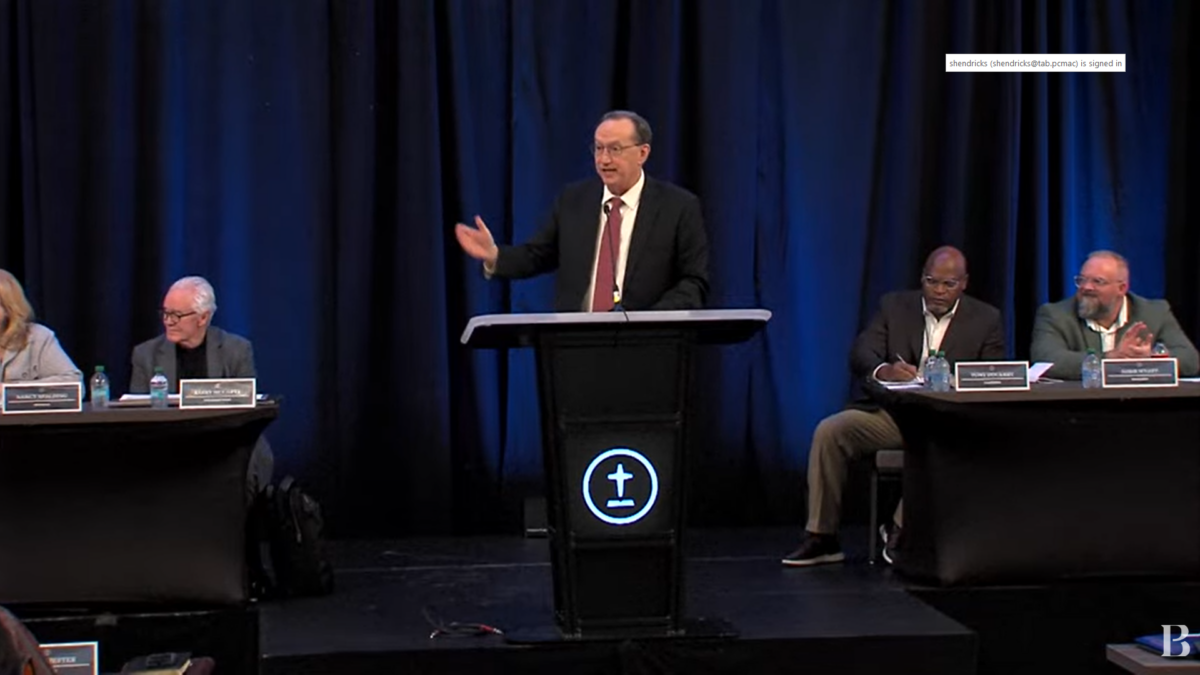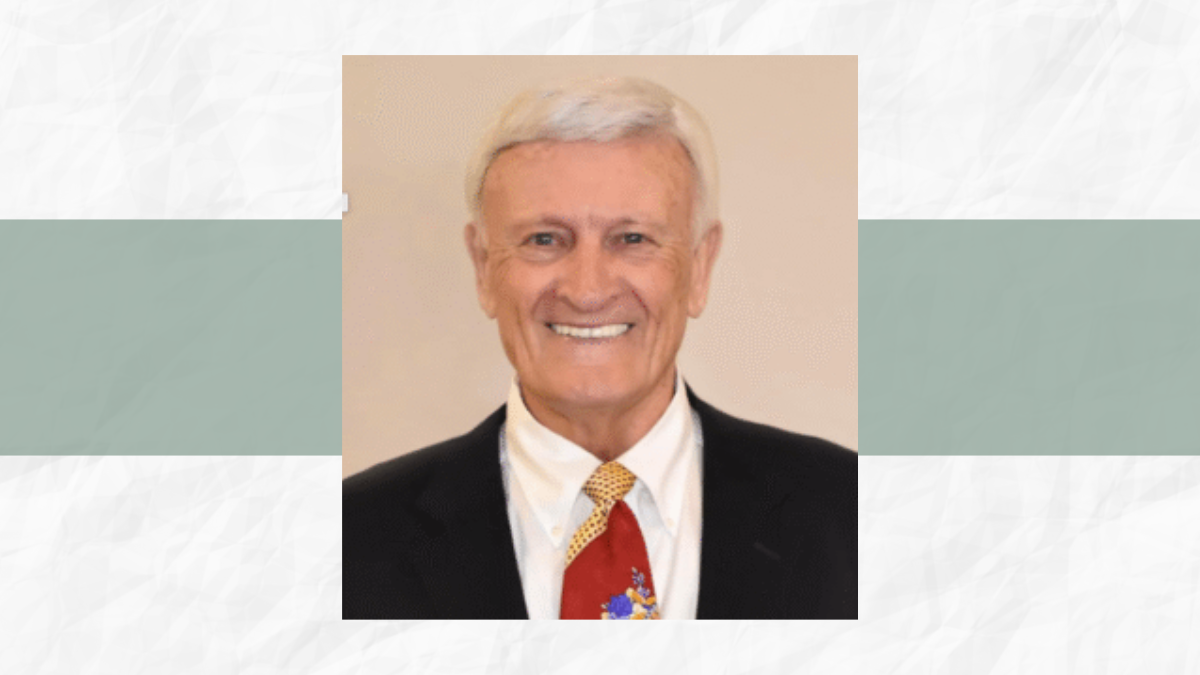Desiring to assist pastors and church employees in long-term financial planning, the Baptist General Association of Virginia recently hosted a retirement planning webinar, providing access for ministry leaders to view at their own pace and providing insights to help them plan for the future.
Jeff Cranford, BGAV minister in residence for church finances and a chartered retirement planning counselor, led the webinar, offering tips for retirement planning.
At 77, most might expect Cranford to be enjoying his own retirement, but as he stated in the webinar, many senior adults are working well past the projected retirement age.
“Retirement for many people is changing,” Cranford acknowledged. “But the overall factor is not just about the money. People are living longer, working longer and retiring differently. Retirement is not just a passive experience or hanging out at home. For many people, retirement provides the opportunity to spend time with families, traveling, enjoying hobbies or volunteering at a food pantry or a hospital.
“The pandemic has changed the way we look at things, including retirement and life expectancy,” Cranford added. “The average life expectancy of males today is at age 76, and women at 81 years. A person’s retirement and financial needs may extend 20–30 years, and the projected life expectancy may not be something you can take to the bank.
“One-third of seniors seek to work well past retirement age and have a side job. Many ministers are working well past age 70.”
In or out of control
The webinar addressed common myths about financial planning and Social Security, while also addressing the need for retirement savings for unforeseen health emergencies that may not be covered by insurance.
“Most people don’t realize that Social Security isn’t intended to replace 100% of your income,” Cranford noted. “In planning for your future, you need to break it down into three categories: What is in your control, what you have partial control over and what is out of control.”
He said one thing that is in people’s control is savings.
“For many ministers and churches, contributing 15% into your retirement fund is a high goal — that’s why any way that a church or employer can support is an important factor.
“Life expectancy is out of your control, but you will need to think about potential life expectancy in putting aside financial resources to fund your retirement,” Cranford said. “Another thing out of your control is inflation. What this means is that we have to find a way to off-set the potential impact of inflation in our retirement planning.”
Cranford listed policy and government changes, market returns and the economy as other factors outside personal control for retirement planning, but they still require a financial cushion to work around.
Retirement factors
In planning a retirement timeline, Cranford noted several factors: The amount of debt, insufficient savings, the need to provide care for a loved one or personal health issues.
By the time someone enters their early 60’s, Cranford emphasized the importance of reviewing asset allocation and risk tolerance, considering Social Security options, reviewing the plan for their retirement income, creating a budget and making sure to enroll in Medicare Part A at age 65.
“You have a variety of things you need to give attention to in your 60’s,” Cranford said. “In calculating your retirement income needs, most financial planners suggest replacing 70–90% of your final working year’s income in order to maintain your standard of living in planning for your estimated expenses.”
Cranford also addressed the benefits of delaying retirement and providing increased financial security for family members.
The webinar concluded with a Q & A session.










